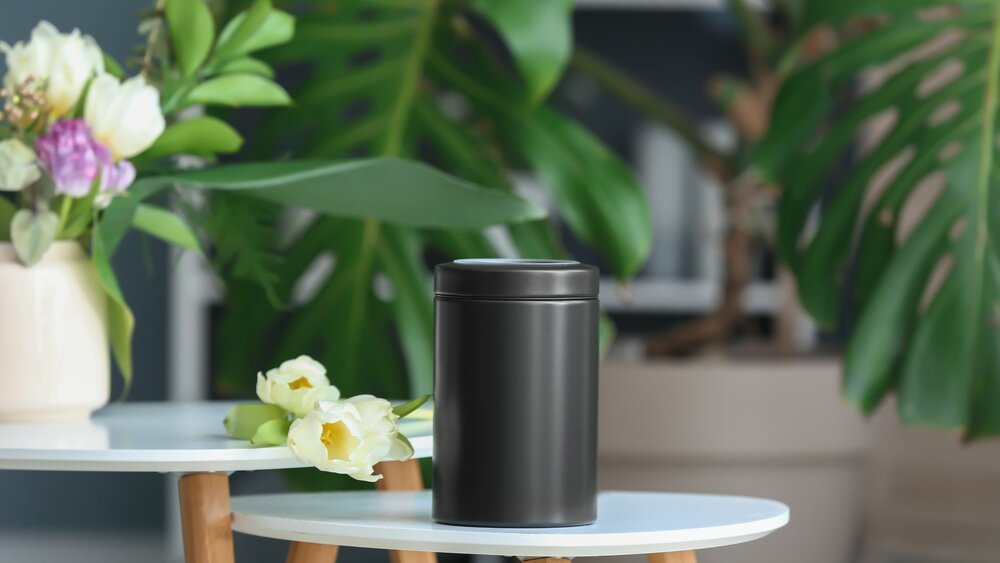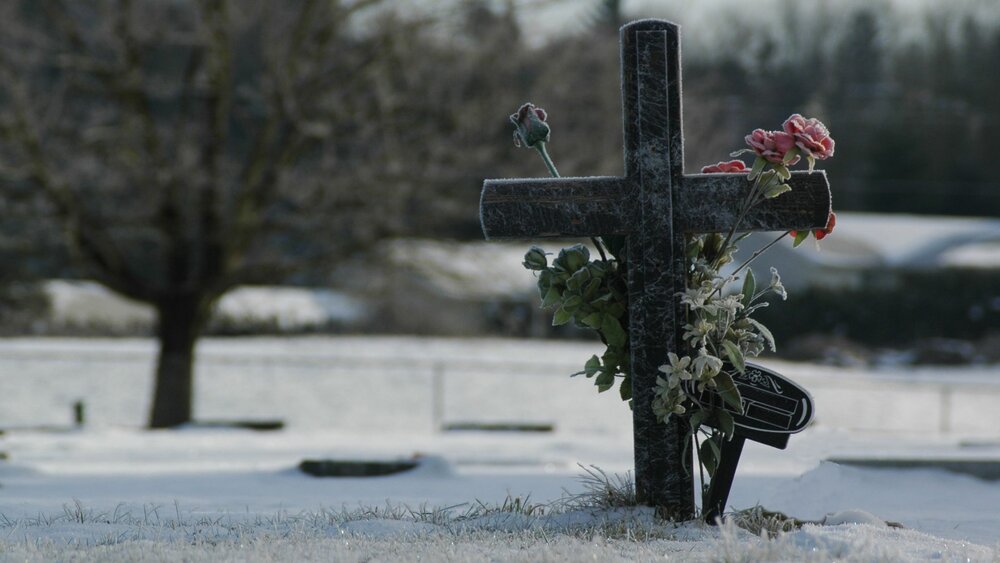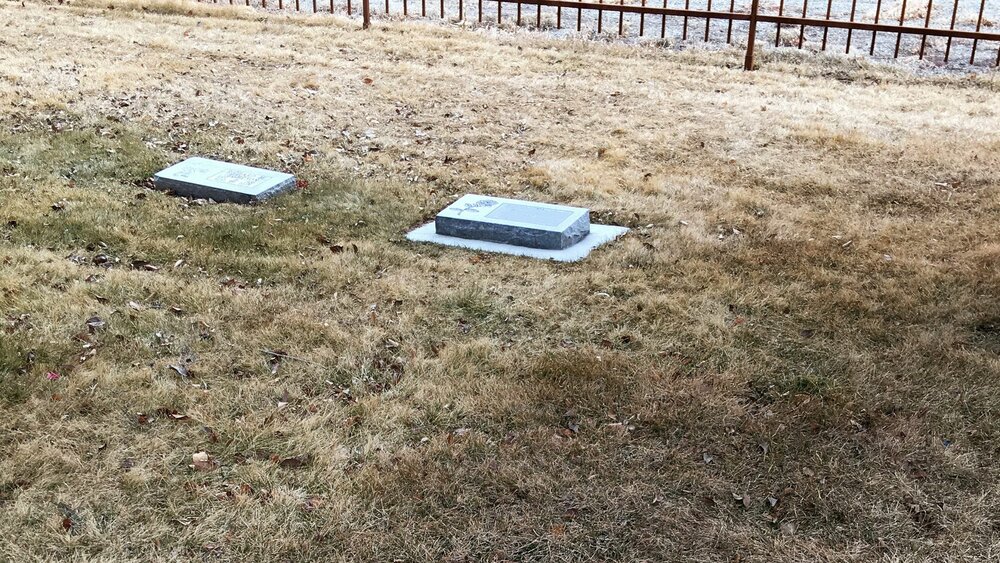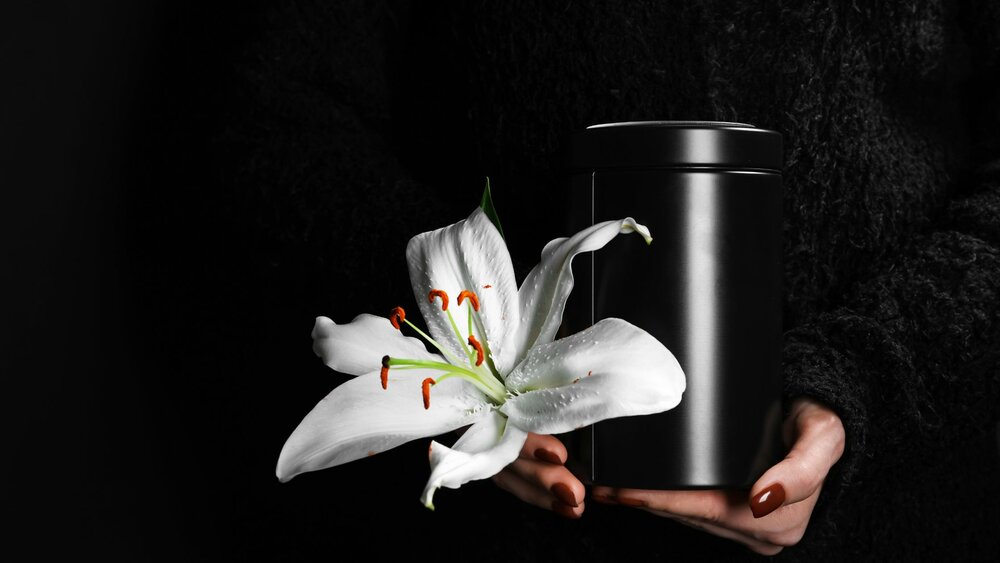63 Mimico Avenue | Toronto, Ontario | M8V 1R2 | Phone: (416)-255-0035 | Email: CREMATIONCARECENTRE@GMAIL.COM
Burying Ashes or the Urn: What's Best for You?
Deciding what to do with a loved one’s ashes is an emotional and often challenging decision. After a cremation, families are faced with various options, including burying ashes or keeping them in an urn. Each choice carries unique implications and can significantly impact how you remember and honor your loved one. In this guide, we’ll delve into the pros and cons of both options to help you make an informed decision that aligns with your needs and values.
1. Understanding Your Options 
When it comes to handling ashes, there are several paths you can take. Understanding these options will guide you in making a meaningful choice.
Burying Ashes
Burying ashes is a traditional choice that allows for a physical memorial site. Here are some aspects to consider:
Traditional Burial Methods:
- Many families choose to place ashes in a biodegradable urn that can decompose over time, returning the ashes to the earth. This method is eco-friendly and can be a beautiful way to honor the natural cycle of life.
- You may also consider a columbarium, a structure designed to house cremation urns. This option provides a communal space for remembrance, often located in a cemetery.
Eco-Friendly Burial Options:
- More people are becoming conscious of environmental impact. Options such as scattering ashes in a designated area, like a garden or nature reserve, can align with eco-friendly values. It’s vital to check local regulations about scattering ashes in public places.
Keeping Ashes in an Urn 
Alternatively, many families opt to keep their loved one’s ashes in an urn. This choice allows for a personal connection to the deceased.
Decorative Urns for Home Display:
- Urns come in various styles, materials, and sizes, allowing families to choose one that resonates with their loved one’s personality. Whether ornate or simple, a beautifully designed urn can serve as a lasting tribute.
- Displaying an urn at home can create a comforting presence and an opportunity for reflection. Families can share stories and memories in a familiar environment.
Options for Traveling with Ashes:
- Some may wish to keep their loved one’s ashes close, even while traveling. Travel-friendly urns are designed to be compact and secure, making it easy to bring ashes along on journeys, whether for a memorial service or a family trip.
2. Emotional Considerations
The emotional impact of your decision is paramount. It’s crucial to reflect on how each choice will affect you and your family.
Connection to the Deceased
How Burial Can Provide a Physical Place to Visit: 
- Many find comfort in having a physical place to visit and pay respects. A burial site can become a sacred space for family and friends to gather, share memories, and celebrate the life of the deceased.
- Creating a beautiful memorial with flowers, personal items, or plaques can enhance this connection.
The Comfort of Having Ashes at Home:
- Keeping ashes in an urn at home offers a constant reminder of your loved one. It can foster a sense of closeness and connection that might not be as pronounced with a burial.
- Families often create altars or dedicated spaces to honor the deceased, incorporating photos, mementos, and the urn itself.
Family Traditions and Values
Cultural Significance of Burial:
- For many cultures, burial holds significant spiritual and familial importance. It often comes with rituals that help families cope with loss and honor their loved ones.
- Understanding your cultural background can guide your choice, ensuring that you respect traditions while making a decision that feels right for you.
Modern Trends in Keeping Ashes: 
- As society evolves, so do the approaches to handling ashes. Many are now choosing to keep ashes in a home, reflecting a shift towards more personalized memorial practices.
- Additionally, some families engage in creative practices, such as incorporating ashes into jewelry or art, allowing for a unique way to carry the memory of their loved one.
3. Practical Aspects to Consider
Beyond emotions, practical considerations can influence your decision. Here are some key factors to keep in mind.
Space and Location
Availability of Burial Plots:
- Finding an appropriate burial site can be challenging, especially in urban areas. Researching available plots ahead of time can save you stress during an already difficult period.
- Consider options for shared family plots, which may reduce costs and allow for multiple generations to be laid to rest together.
Suitable Areas for Home Urn Display: 
- If you choose to keep ashes at home, consider where the urn will be placed. It should be a location that feels comfortable and secure, allowing for easy access to remember and honor the deceased.
- Some families create a dedicated memorial space that includes the urn, photographs, and personal items, transforming it into a peaceful area for reflection.
Cost Implications
Expenses Related to Burial vs. Urn Selection:
- Burial can involve significant costs, including plot fees, headstones, and maintenance. Families should budget for these expenses and explore affordable options.
- In contrast, keeping ashes in an urn can be more cost-effective. Urns come in various price ranges, allowing you to find one that fits your budget without sacrificing meaning.
Long-Term Considerations for Upkeep:
- If you choose burial, consider ongoing maintenance costs for the gravesite, such as landscaping and upkeep of the memorial.
- For home urns, think about how you’ll maintain the memorial space over time. Regularly updating the area with fresh flowers or personal items can keep the memory alive.
4. Making the Decision 
Choosing between burying ashes or keeping them in an urn is a deeply personal decision. Here are some steps to guide you through the process:
Reflect on Your Values:
- Take time to consider what feels most important to you and your family. Discussing these feelings can help clarify your options.
Engage in Open Conversations:
- Involve family members in the discussion. Everyone’s opinions and feelings matter, and open communication can lead to a consensus that honors your loved one.
Consider Future Generations:
- Think about how your decision will affect future family members. Will they feel a connection to the memory? Will the chosen method align with your family's values?
Conclusion 
In the end, the decision to bury ashes or keep them in an urn is deeply personal. Both choices come with their own set of emotional and practical considerations. By weighing these factors, you can choose an option that honors your loved one while bringing you comfort. If you’re still uncertain, consider discussing your options with family or a trusted advisor. This can lead to a choice that resonates with everyone involved and preserves the cherished memories of your loved one.
For more information, feel free to reach out to The CremationCare Centre team either by calling (416) 255-0035 or by using our convenient online form.



Comments